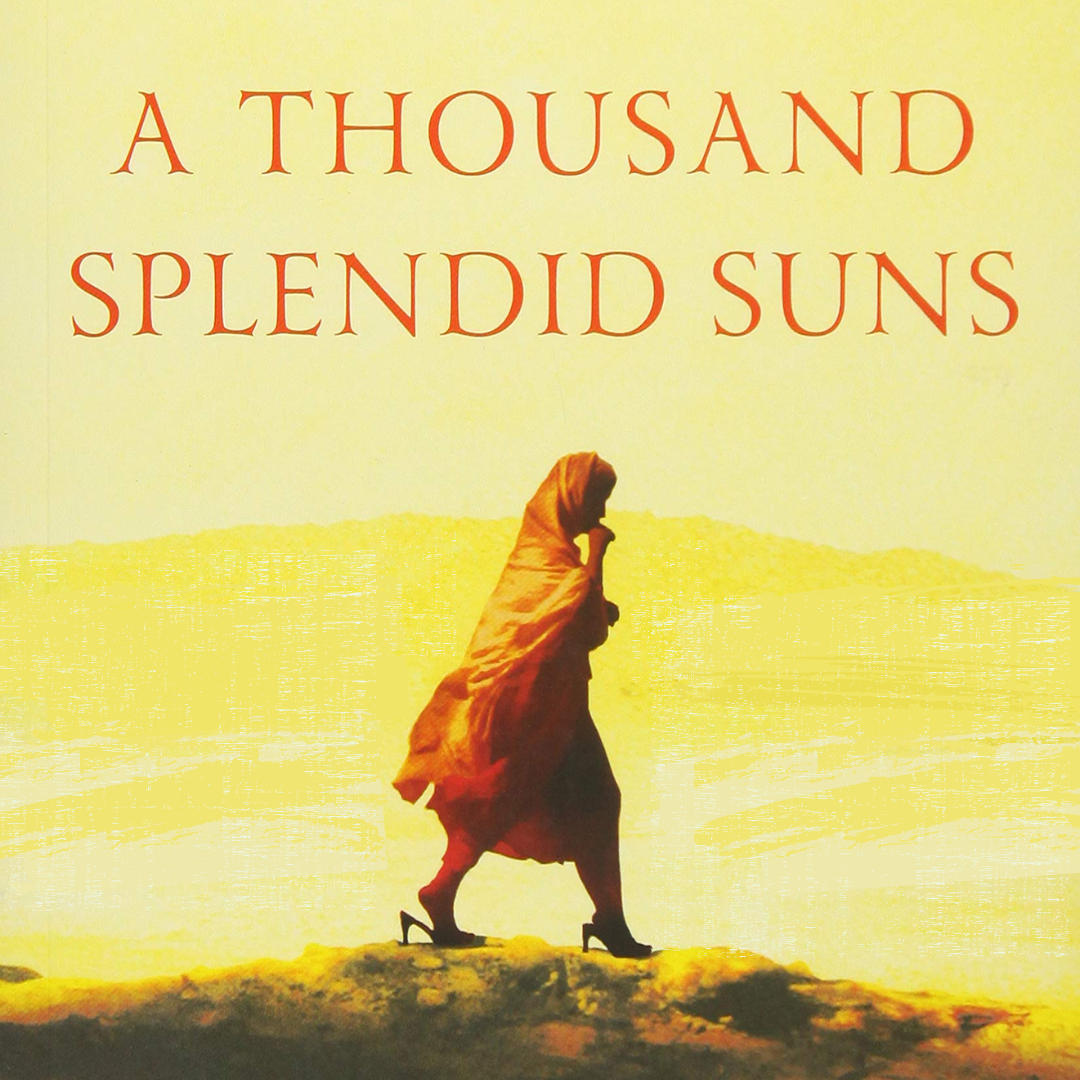Lesson Plans
We want the process of incorporating BIPOC voices and building an anti-racist classroom to be as accessible to educators as possible. That’s why our lesson plans are aligned with national education standards, designed to be flexibly integrated into your existing class curriculum, and include a variety of activities (including interactive slides that can be shared with your students). Whether you use these as stand-alone lessons or adopt a whole lesson plan series, we hope these resources will help you build an empowering community alongside your students. Check back often, we are always releasing new lesson plans!
Grade Level Standards Met

A Thousand Splendid Suns
In these lesson plans, students will gain a better understanding of the rich history and culture of Afghanistan, and be able to contextualize their texts in broader real-world events. By analyzing passages, employing critical thinking skills, and even writing their own poetry, students will learn about how others’ and their own identities affect the way they see the world.

La Serenata
Through a short film screening and/or a group reading of an illustrated book, high school students in social studies and other courses will learn about heteronormativity in history and music, reclaim the Mexican tradition of las serenatas and make space to affirm their queer peers.

Acting Out: Resisting Policed Performances of Gender
Students will gain a nuanced understanding of gender as a policed performance as well as the fight toward queer liberation through police abolition by reading, analyzing, comparing, and corroborating a number of foundational texts and commentary sources.

The Intersection of Colonialism and Gender & Sexuality
In this lesson, students will analyze the intersection between colonialism and sexuality, especially in the context of how colonial states use sex as a form of power and control. Students will utilize their critical thinking skills to learn about heteronormativity and the impacts of settler colonialism on Indigenous communities. Through small and large group discussions, students will explore topics covering imperialism, sexuality, and watch videos relating to how federal policies seek to reinforce hetero-patriarchy within the United States.

Human Impact of World War II
In this lesson, students will look at sources related to the atrocities committed during World War II, utilizing their critical thinking skills to recognize that war is inherently rooted in modes of oppression, and oftentimes has no clear ‘good’ or ‘bad’ side. Topics covered include sexual violence in WWII, Japanese-American internment camps, and the effect of imperialism on Asia-U.S. relations.

Children of Blood and Bone
Students will analyze the anthropological construction of race and biological determinism as a force of colonization, enslavement, and imperialism. Students will also explore the role of radical imagination and Afrofuturism in shaping and transforming Black futures and locate “Children of Blood and Bone” within the canonical legacy of Afrofuturism.

Between the World and Me
In this lesson plan, students will gain an understanding of primary and secondary resources through an anti-racist lens with Between the World and Me, and further get the chance to see how primary and secondary resources impact the historical processes.

Just Mercy
Students will explore the American justice system and the power of identity and community. Lessons focus on analyzing the author's purpose, structure of evidence, and constructing arguments.

I Am Not Your Perfect Mexican Daughter
Lesson plans will cover themes of intergenerational conflict, womanhood, and privilege. Students will explore these themes through analysis of literary devices, independent research projects, and comparison of themes across multiple mediums.

The New Jim Crow
In these lesson plans, students will learn about the language of race, how institutions are means of racialized control, and how to advocate for criminal justice reform. Students will learn about issues pertaining to War on Drugs, race as a construct, and the prison industrial complex by analyzing passages, watching videos, and engaging in thought-provoking discussions.
Ideas for future lesson plans or topics? Want to share your knowledge and collaborate with Diversify Our Narrative?

